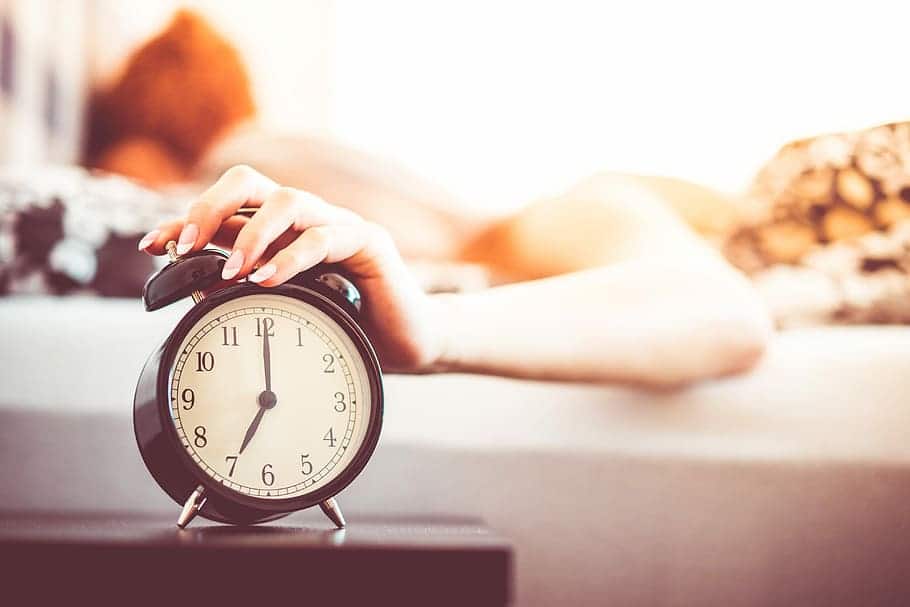The shrill tones of my alarm clock are one thing I don’t relish hearing in the morning, and I bet you feel the same way every time you are jostled out of bed by a beep, ring or blast of loud music!
The truth is that a lot of us rely on alarm clocks to get to our jobs or just get our day going at the right time. As reported by Slate Magazine, research has discovered that around 85 percent of people in the US use an alarm clock to get up in time for work (https://slate.com/human-interest/2017/03/waking-up-with-your-smartphone-in-the-morning-is-convenient-but-is-it-wise.html).
Whether that is a good thing is up for debate. Sure, it’s great and necessary to get your day started on time, and you certainly can’t afford to be late to everything because you overslept. On the other hand, every time you rise with an alarm, you’re jarring your body awake in a pretty unnatural way. I’m sure you’ve had days where you’re so startled by your alarm that it actually affected your mood, and that just can’t be a great thing.
You might, believe it not, be able to ditch your alarm by making some changes to your sleep routine. For example, if you start going to bed early enough to get sufficient sleep, you may find that you no longer need to use an alarm as much as you do now -or at all.
To get yourself to sleep faster and help work toward this goal, try to get yourself into a more mindful state when you get into bed. Instead of thinking about all that you have to do when you wake up tomorrow, focus on the fact that you are just going to sleep right now. Once you try these measures, you can safely test your alarm dependency by not using one on days when you can afford to sleep in.
Of course, even with the mightiest effort, you may find you still need an alarm clock. In that case, trade your old buzzer or your loud cell phone in for a more gentle model. There are, for example, alarm clocks that wake you up by slowly increasing the light in the room. This is more natural than a loud noise and is actually how your body is supposed to wake you up; when your body senses the sun is coming up, that means it’s time to get you up for the day.




